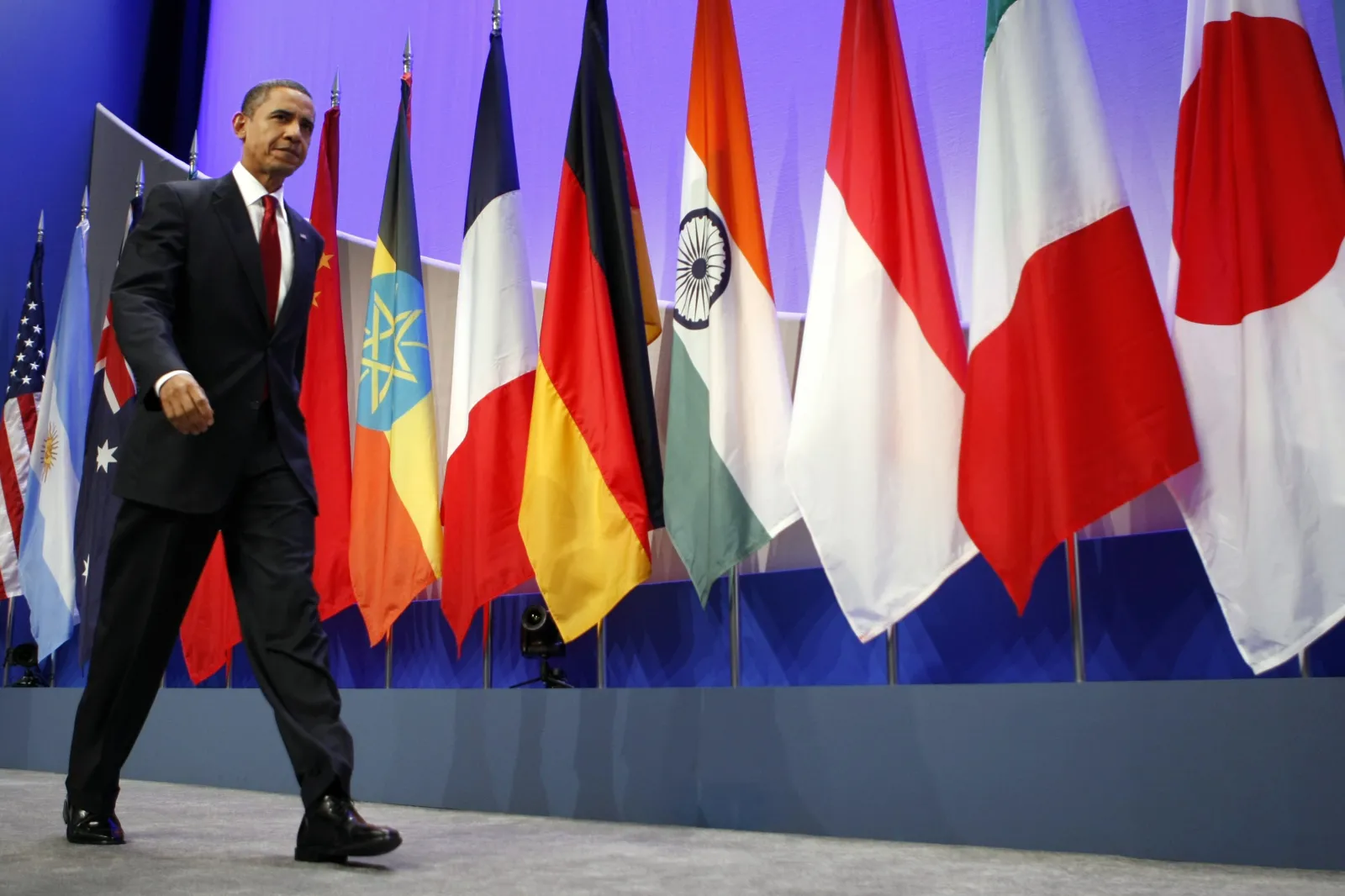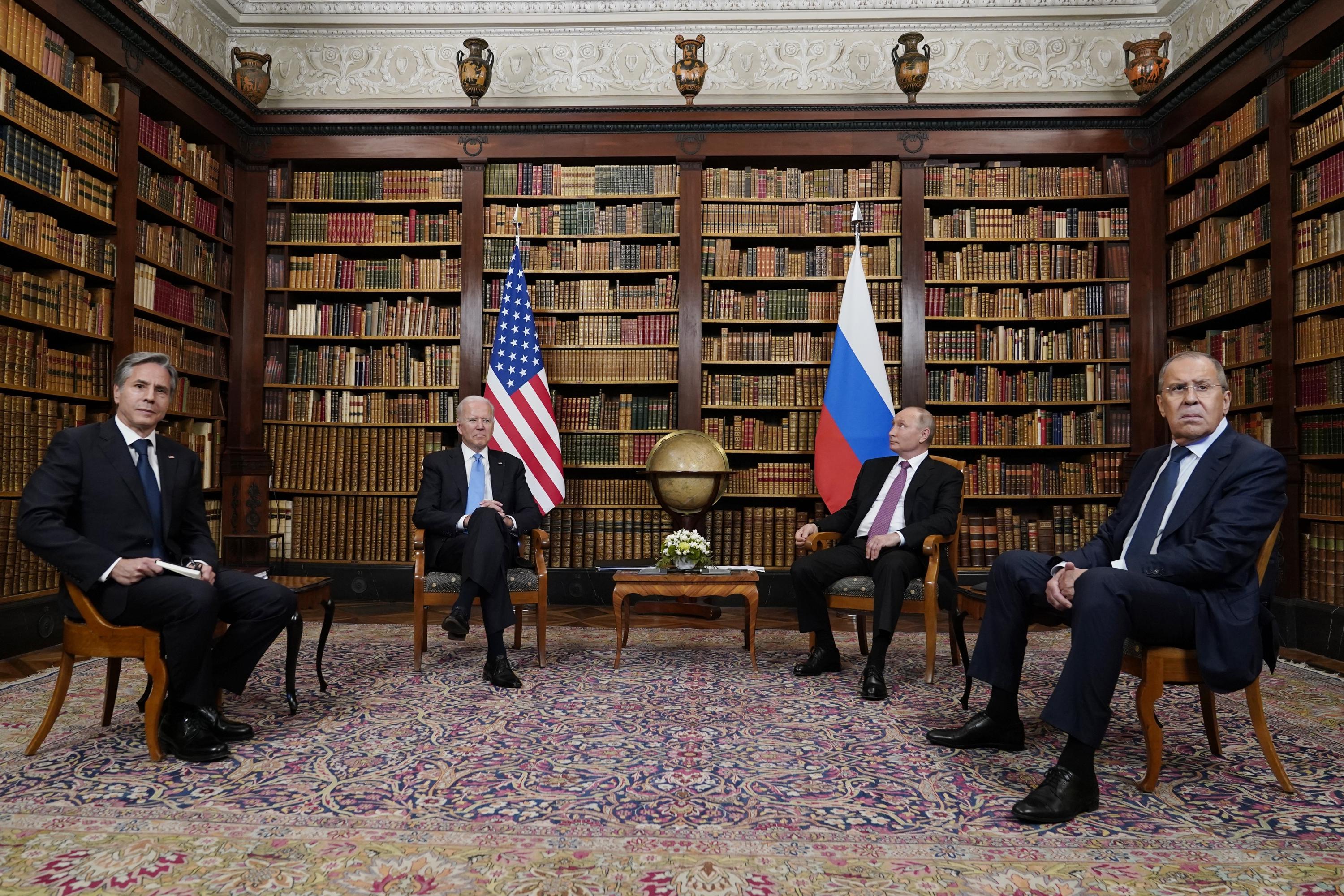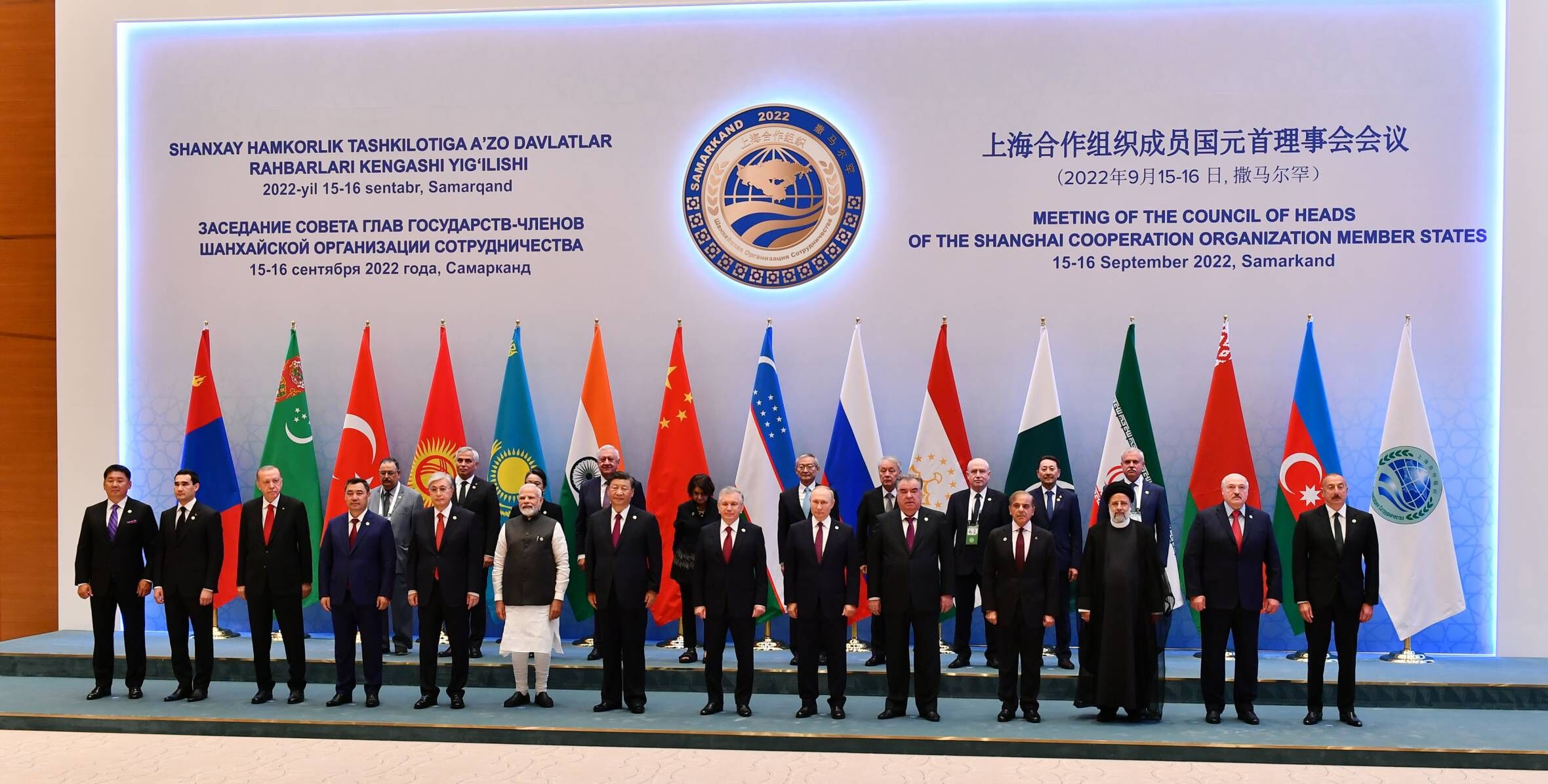Travel Diplomacy - Building Bridges Between Nations Through Travel
This article explores the concept of travel diplomacy, the practice of using travel as a means to promote international cooperation, understanding, and peace. It discusses the history of travel diplomacy, its potential benefits, and the challenges it faces. The article also provides examples of how individuals and governments can engage in travel diplomacy and explores its role in the post-pandemic world.
Author:Finn WildeReviewer:Liam JonesOct 08, 202225.7K Shares429.2K Views
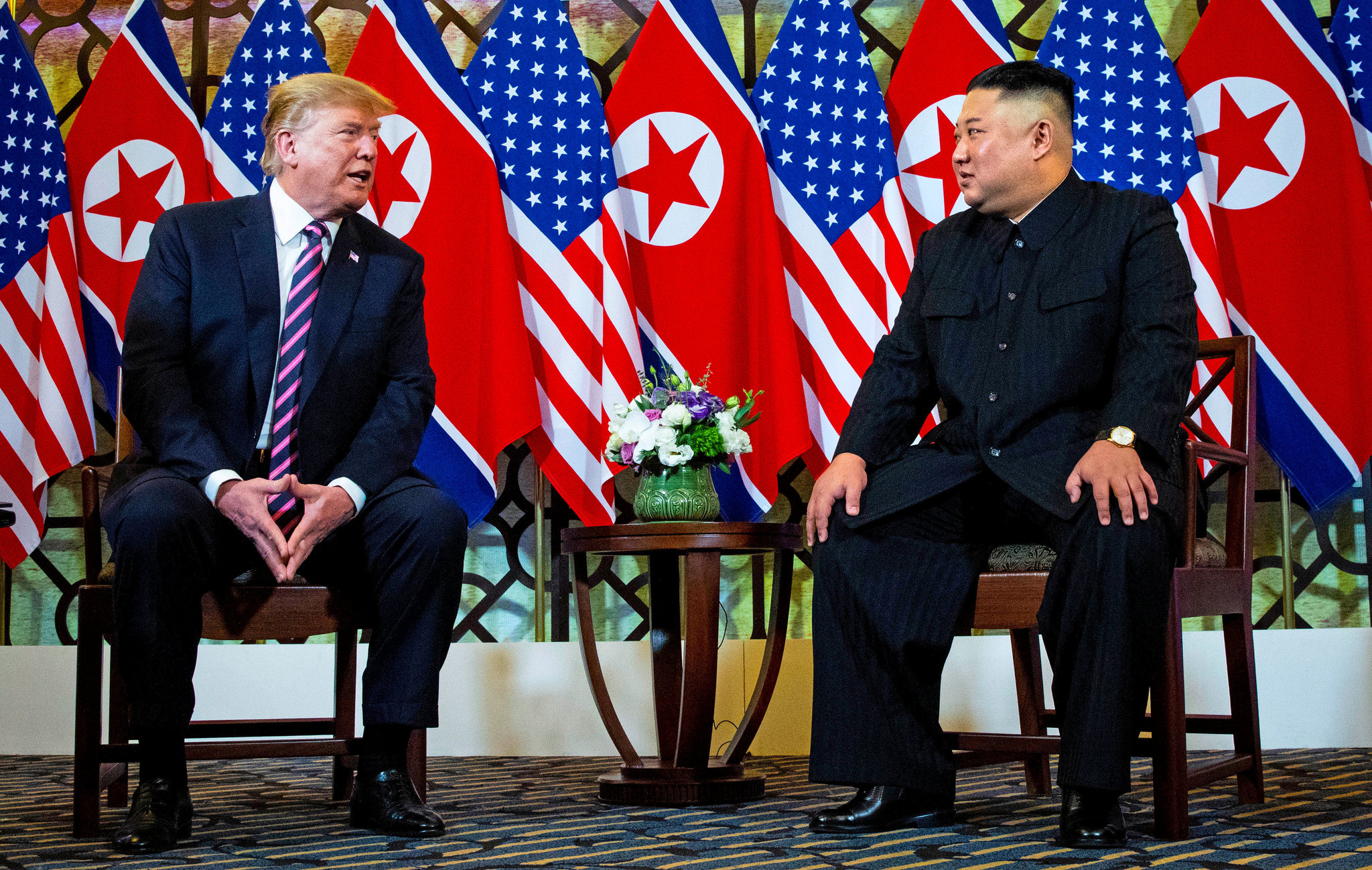
Travel diplomacyis the use of travelas a tool for building relationships between countries and promoting peace and cooperation. It is a powerful means of fostering understanding and trust between nations by bringing people together and exposing them to different cultures and ways of life.
In this article, we will explore the concept of travel diplomacy, its history, and its role in contemporary international relations.
A Brief History Of Travel Diplomacy
Travel diplomacy is not a new concept. In fact, it has been around for centuries. Ancient empires, such as the Greeks and Romans, used travel as a means of building alliances and establishing relationships with other nations.
In the Middle Ages, religious pilgrimageswere used to forge links between different cultures and religions. Later, in the 18th and 19th centuries, grand tours of Europe were undertaken by wealthy young men as a way of broadening their cultural horizons and establishing social connections.
In the modern era, travel diplomacy has become an important tool of international relations. Governments and organizations use travel to build relationships, promote their cultures, and foster cooperation.
The rise of globalization and the ease of travel have made it possible for people to connect with each other across borders, promoting understanding and communication between nations.
The Benefits Of Travel Diplomacy
Travel diplomacy offers numerous benefits for both individuals and nations. It can help to break down stereotypes and prejudices, increase cultural understanding, and promote dialogue and cooperation. By bringing people together in a neutral setting, travel diplomacy can create a sense of shared experience and common purpose, leading to stronger and more productive relationships between nations.
Additionally, travel diplomacy can have significant economic benefits. Tourism is a major industry, generating billions of dollars in revenue and creating jobs around the world. By promoting travel and tourism, governments can boost their economies and create new opportunities for their citizens.
Examples Of Travel Diplomacy In Action
There are many examples of travel diplomacy in action around the world. In 1971, the United States and China used ping-pong diplomacy to ease tensions between the two nations. A group of American table tennis players traveled to China to compete in an international tournament, leading to a series of high-level diplomatic meetings between the two countries.
More recently, South Korea has used travel diplomacy to build relationships with its neighbors. The Korean government has created a program called "Korean Wave" which promotes Korean culture and entertainment around the world. By sharing their music, films, and TV shows, South Korea has been able to build cultural connections with other nations and promote goodwill.
Challenges And Criticisms Of Travel Diplomacy
Despite its many benefits, travel diplomacy is not without its challenges and criticisms. One major challenge is the cost involved in organizing and hosting international travel events. These events can be expensive and time-consuming, requiring significant resources from governments and organizations.
Additionally, travel diplomacy can sometimes be seen as a form of propaganda, with governments using it to promote their own agendas and beliefs. Critics argue that travel diplomacy can be used to create a false sense of unity and cooperation, masking deeper political and social tensions.
Future Directions For Travel Diplomacy
As the world becomes more interconnected, travel diplomacy is likely to play an increasingly important role in international relations. New technologies, such as virtual reality, may provide opportunities for people to connect and interact with each other from a distance, opening up new possibilities for travel diplomacy.
There are also opportunities for travel diplomacy to address pressing global issues such as climate change, poverty, and conflict. By bringing people together from different countries and backgrounds, travel diplomacy can create a sense of shared responsibility and common purpose, leading to more effective solutions to these challenges.
However, it is important for travel diplomacy to be conducted in an ethical and transparent manner. Governmentsand organizations must ensure that travel events are inclusive, diverse, and representative of different perspectives and interests.
They must also be sensitive to cultural differences and ensure that travel diplomacy does not reinforce stereotypes or create new forms of inequality.
How Individuals Can Engage In Travel Diplomacy
While travel diplomacy is often associated with governments and organizations, individuals can also engage in travel diplomacy in their own way. By traveling to different countries and experiencing different cultures, individuals can promote understanding and build relationships on a personal level.
One way individuals can engage in travel diplomacy is by participating in cultural exchange programs. These programs allow individuals to live with host families and experience daily life in a foreign country, promoting mutual understanding and respect.
Another way individuals can engage in travel diplomacy is by volunteering abroad. By working on community projects or participating in humanitarian efforts, individuals can build connections with local people and make a positive impact in their communities.
Finally, individuals can engage in travel diplomacy simply by being respectful and curious travelers. By showing interest in local cultures and traditions, and by treating people with kindness and respect, travelers can help to break down barriers and build bridges between nations.
The Role Of Travel Diplomacy In Post-Pandemic World
The COVID-19 pandemic has had a significant impact on international travel and tourism. As countries begin to recover and reopen their borders, travel diplomacy will play an important role in rebuilding relationships between nations and promoting global cooperation.
One way travel diplomacy can contribute to the post-pandemic recovery is through vaccine diplomacy. Countries can collaborate on vaccine distribution efforts, prioritizing countries most in need and building trust and goodwill in the process.
Additionally, travel diplomacy can help to rebuild the tourism industry, which has been hit hard by the pandemic. By promoting safe and responsible travel, countries can encourage tourists to visit and support local economies, creating jobs and fostering cultural exchange.
Finally, travel diplomacy can help to address the mental health impacts of the pandemic. After months of isolation and stress, people are eager to connect with others and explore new places. Travel diplomacy can provide opportunities for people to come together and build relationships, promoting well-being and resilience.
Challenges Facing Travel Diplomacy
While travel diplomacyhas many potential benefits, there are also challenges that must be addressed in order for it to be effective. Some of the main challenges include:
Cost
Travel diplomacy can be expensive, and many countries and organizations may not have the resources to participate in large-scale events or programs. This can limit the reach and impact of travel diplomacy.
Security Concerns
Travel diplomacy can also present security concerns, particularly in areas of conflict or political instability. Governments and organizations must take precautions to ensure the safety of participants.
Ethical Concerns
Finally, travel diplomacy can raise ethical concerns, particularly when it comes to issues of representation and cultural sensitivity. Governments and organizations must ensure that travel events are inclusive, diverse, and representative of different perspectives and interests, and that they do not reinforce stereotypes or create new forms of inequality.
People Also Ask
What Is Diplomatic Travel?
Diplomatic travel refers to travel conducted by diplomats, government officials or representatives for the purpose of conducting official business, such as attending meetings, negotiations, and conferences.
How Do Diplomats Travel?
Diplomats typically travel on official government aircraft, although they may also use commercial airlines or private transportation depending on the circumstances. In addition to air travel, diplomats may also use ground transportation such as cars or trains to get around in the host country.
Do Diplomats Make A Lot Of Money?
Diplomats are typically paid a salary by their respective government, which may vary depending on the country and the rank of the diplomat. Some high-ranking diplomats may earn a significant salary, while others may earn a more modest income. Additionally, diplomats may receive certain allowances or benefits, such as housing or transportation, to assist with the costs of living and traveling abroad.
Conclusion
Travel diplomacy has many potential benefits for building relationships between nations and promoting peace and cooperation. However, it is important to address the challenges and concerns associated with travel diplomacy in order for it to be effective.
By ensuring that travel events are inclusive, diverse, and representative of different perspectives and interests, and by taking precautions to ensure the safety of participants, travel diplomacy can continue to be a valuable tool for contemporary international relations.
Check out theWashington Independent for news and analysis on politics, policy, and current events in the United States and beyond.
Jump to
A Brief History Of Travel Diplomacy
The Benefits Of Travel Diplomacy
Examples Of Travel Diplomacy In Action
Challenges And Criticisms Of Travel Diplomacy
Future Directions For Travel Diplomacy
How Individuals Can Engage In Travel Diplomacy
The Role Of Travel Diplomacy In Post-Pandemic World
Challenges Facing Travel Diplomacy
People Also Ask
Conclusion
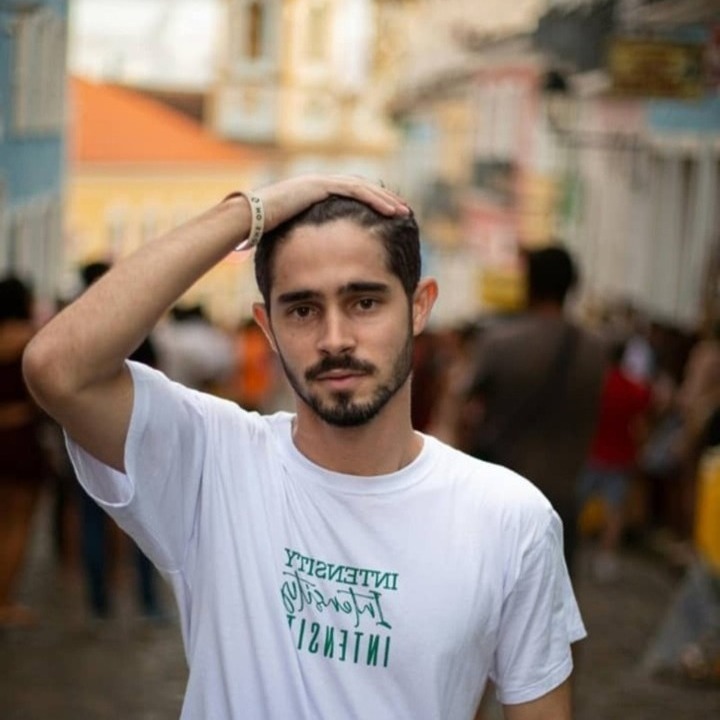
Finn Wilde
Author
For Finn Wilde, the wilderness is more than just a destination - it’s a way of life. Over the past decade, he has led multiple expeditions in some of the world’s most remote regions, from the icy fjords of Greenland to the rugged trails of Patagonia.
Finn emphasizes sustainability in all of his adventures, helping participants connect with nature while promoting responsible exploration. His expeditions inspire individuals to explore the great outdoors while fostering a deep respect for the environment.

Liam Jones
Reviewer
Liam Jones has made it his mission to prove that adventure doesn’t need a hefty budget. Having traveled to over 40 countries, he specializes in finding affordable ways to experience the world, from the best street food in Bangkok to hidden gems in Lisbon.
Liam’s travel tips have reached thousands of readers, empowering them to see the world on a shoestring budget without sacrificing quality. With a deep passion for local cultures, he continues to share his travel hacks, ensuring adventure remains accessible to all.
Latest Articles
Popular Articles
